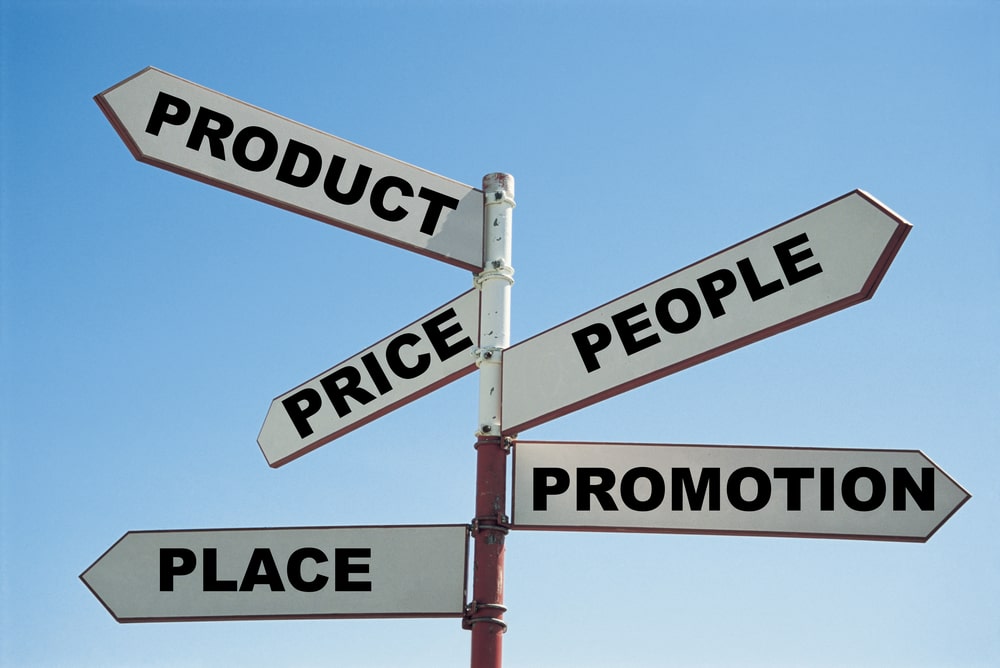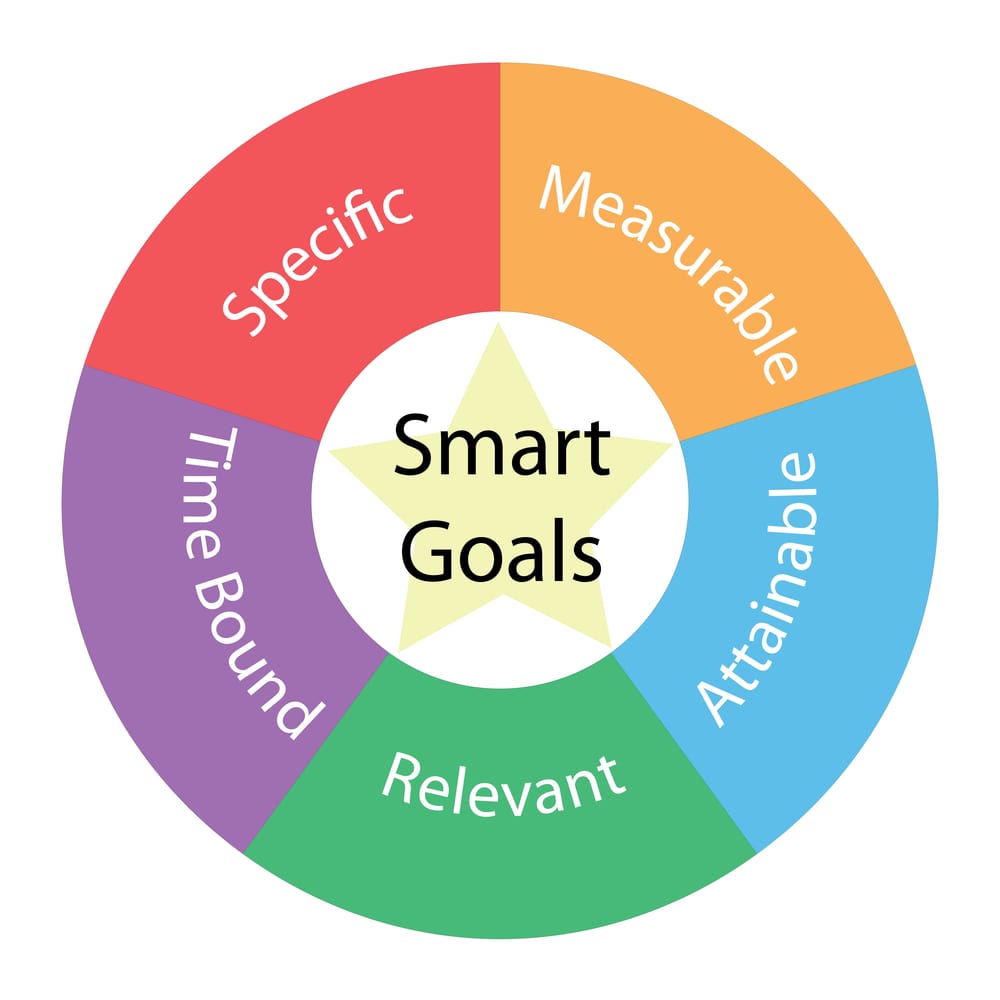Are you in charge of marketing a corporate event? If so, you might be worried about how to reach your target audience and generate interest in the event. After all, spending all that effort on an event nobody attends would be unfortunate.
But don’t fret! You can effectively market your corporate event and attract attendees with a little planning and creative strategy. This post will provide some helpful tips on how to do just that.
Why Is It Important To Market Your Corporate Event?
First of all, why is it important to market your corporate event? Well, for one thing, it helps attract attendees and generate buzz about the event. Marketing can lead to higher ticket sales and, ultimately, a more successful event. Beyond that, marketing also helps achieve the event’s broader goals.
Generate New Business Leads
Perhaps your corporate event is a networking opportunity where attendees can connect with potential clients or partners. In this case, marketing can help attract the right kind of attendees and set the stage for successful networking at the event. You can use targeted marketing strategies to reach your industry’s potential leads.
Build Brand Awareness
Another potential goal for your corporate event could be raising awareness and building enthusiasm for your company’s brand. In this case, marketing can help attract attendees interested in learning more about your brand and potentially becoming customers.
“All the social media buzz and word-of-mouth about the event can boost your brand’s visibility.”
Solidify Relationships With Clients
Invite current and potential clients to your corporate event to strengthen those relationships. You’ll have a chance to showcase your company’s offerings and expertise, potentially leading to new business opportunities. Attending a fun and memorable event can also cultivate a sense of camaraderie and trust between your company and clients.
The Five P’s Of Event Marketing
As you begin to map out your marketing strategy for the corporate event, it can be helpful to keep in mind the five Ps. Everything in your marketing plan should tie back to one or more of these key factors:

Product
The product, in this case, is the event itself. What makes it unique and special? Why should someone attend? Create a Unique Selling Proposition (U.S.P) to highlight what sets your event apart and make it attractive to potential attendees. However, it’s likely not the only product you’ll be promoting.
“No matter what kind of company or organization you operate, a corporate event is an excellent opportunity to present your company products/services. It’s a chance to display your offerings and demonstrate their value to potential clients or partners.”
Note that it doesn’t have to be the event’s main attraction. But even if your event is centered around networking or team building, find ways to incorporate and highlight your products/services.
Price
In the case of a ticketed corporate event, the price is a crucial factor in attracting attendees. Make sure to communicate any early bird or group discounts and any added value (such as meals and special activities) that come with purchasing a ticket. Pricing can also play a role in determining your target audience, as certain segments may be willing to pay more for the event.
You can choose between plenty of pricing strategies for your event. There’s tiered pricing for different access levels or offering V.I.P. packages with exclusive perks.
“You might want to make the event more exclusive by setting a higher price or making it more accessible with lower pricing.”
Place
Where will the event take place? The location can have a big impact on attracting attendees, as well as determining logistics and potential partnerships. Consider factors such as attendees’ convenience, accessibility for any guests with disabilities, and room for networking or activities.
“Consider partnering with a venue that aligns with your brand image or industry if applicable. For example, a tech company might host its corporate event at a trendy co-working space or an up-and-coming incubator. Or an outdoor gear company might hold their event at a scenic campsite or national park.”
People
Perhaps the most important aspect of your corporate event is the attendees. Who do you want to invite or target for your event? Will it be a mix of clients, potential leads, industry partners, and/or employees?
“Your target audience will determine the overall tone and theme of the event, as well as your marketing strategy.”
It can also be helpful to think of potential guest speakers or partners. They might add value to the event and attract a specific audience. Inviting a popular industry thought leader or partnering with a complementary company can boost attendance and interest in the event.
Presentation
“The next P is all about presentation: the event’s branding, design, and overall aesthetic. Decorating a corporate event is no different than throwing a party—creating a visually appealing and immersive atmosphere is important.”

The presentation can involve everything from invitations and promotional materials to the decor at the event itself. Consider teaming up with an event planning company to help with the presentation and logistics. Curated Events, for instance, has all sorts of rentals and design ideas to elevate the look and feel of your event.
Promotion
Last but not least, promotion is key to getting the word out about your event and attracting attendees. This P can include a mix of traditional advertising methods, digital marketing tactics, and word-of-mouth buzz. Since that’s where most of the marketing budget will go, we’ll spend the next section diving into promotion strategies.
Developing Your Event Marketing Strategy
Now that we’ve covered the 5 Ps of event marketing, it’s time to start developing your strategy. Here’s what you need to do:
Establish S.M.A.R.T Goals

First, establish specific, measurable, attainable, relevant, and time-bound (S.M.A.R.T.) goals for your event. Use key performance indicators (KPIs) to track progress toward your goals, such as the number of attendees, ticket sales, and social media engagement. These will guide the rest of your planning and decision-making.
Some examples of S.M.A.R.T. goals for a corporate event could be:
- Increase brand awareness by reaching 1000 attendees within the industry before the event
- Increase sales by 5% within three months after the event
- Generate $50,000 in ticket sales before the event date
Define Target Audience
As mentioned before, defining your target audience is crucial for the overall tone and theme of the event. Identify demographics such as age, job title, industry, location, and interests. Once you have a clear picture of your target audience, it will be easier to draft your messaging and promotions to appeal to them specifically.
Craft A Tailored Experience
You should tailor your event experience to your target audience. That includes the theme, program, and activities offered at the event. If you’re targeting a specific industry, incorporate elements that resonate with them, such as relevant speakers or networking opportunities.
“Your event theme can help tie everything together and create a cohesive atmosphere. It can also be a fun and creative way to engage attendees and make the event more memorable. Plus, it’s what you’ll be promoting. It’s much easier to sell a “Tech Innovation Summit” than a generic corporate event.”
Finally, ensure a well-planned program that offers value to attendees and keeps them engaged throughout the event. That can include speaker sessions, panel discussions, workshops, networking activities, or entertainment.
Create Marketing Material
Once you have a clear direction for your event, it’s time to start creating marketing materials. Draft clear, attention-grabbing copy for email newsletters, social media posts, and promotional materials. Make sure you only promote sure things, like confirmed speakers or sponsors. Otherwise, you risk being accused of false publicity.
“Designing a visually appealing event website or landing page is also a good idea. It’s a central place for providing information and getting attendees to take action, such as purchasing tickets. Include clear calls to action, such as “Register now” or “Buy tickets.”
All your marketing material should ideally follow your event’s theme and colors for cohesiveness. For instance, if your event is a beach-themed corporate retreat, use images and designs with a tropical vibe.
Reach Out To Influencers
If your business is relatively new or lacks a strong presence in the industry, reaching out to influencers or industry leaders to promote your event is a good idea. They can help attract attendees and add credibility to the event. You might offer them a role as a speaker or panelist or even just ask for a social media shoutout to their followers.
When reaching out, it would be best to have a clear value proposition for the influencer. Most importantly, show that their participation in the event aligns with their brand and interests.
As for choosing influencers, you have a few options. Look for industry leaders with a large following or those who have previously attended similar events.
“You can also consider micro-influencers, who may have a smaller following but often have higher engagement and more authenticity with their audience.”
Utilize Paid Advertisement
Paid advertisement can help expand the reach of your event promotion and target specific demographics. Platforms such as Facebook or Google Ads work great to promote your event in front of the right audience.
“When setting up a paid advertisement campaign, clearly define your target audience and set a budget. Track the performance of each ad and make adjustments as needed.”
In addition to paid advertising, you can use traditional methods like advertisements in related industry publications. The key is to get creative and understand where your target audience will likely see your promotion.
Publish Content Marketing
If you really want to get people excited about your event, you can try giving them a little sneak peek through content marketing. Share information about confirmed speakers or highlight the benefits of attending. You can publish this content on your event website and social media. You can even pitch it to industry publications for a feature article.
“Instagram works great for behind-the-scenes content, such as event preparations or live updates during the actual event. Live streaming on social media can also offer a glimpse into the event for those who are unable to attend.”

Run A Contest
Another way to generate interest in your event is to run a contest. Social media giveaways are a great option, as they incentivize people to follow and engage with your event’s social media accounts. The prize could be free tickets to the event or V.I.P. access with special perks.
You can also partner with related businesses or brands for a joint contest, where each entity promotes the contest to its respective audiences and offers a prize package, including items or services from both parties.
Interact With Your Audience
“In addition to promoting your event, it’s important to interact with your audience and address any questions or concerns they may have. You want to ensure attendees feel informed and excited about the event.”
Create a dedicated hashtag for your event to promote audience engagement and easily track online conversations. You can also directly engage with attendees through polls or surveys on social media or even live Q&A sessions. It will create a sense of community around the event and make attendees feel valued.
Final Thoughts
Marketing a corporate event takes a bit of effort but a lot of creativity. Don’t be afraid to try new strategies and constantly assess what’s working for you. By targeting the right audience and offering unique experiences, you’ll be able to attract attendees and make your event a success. Good luck!

